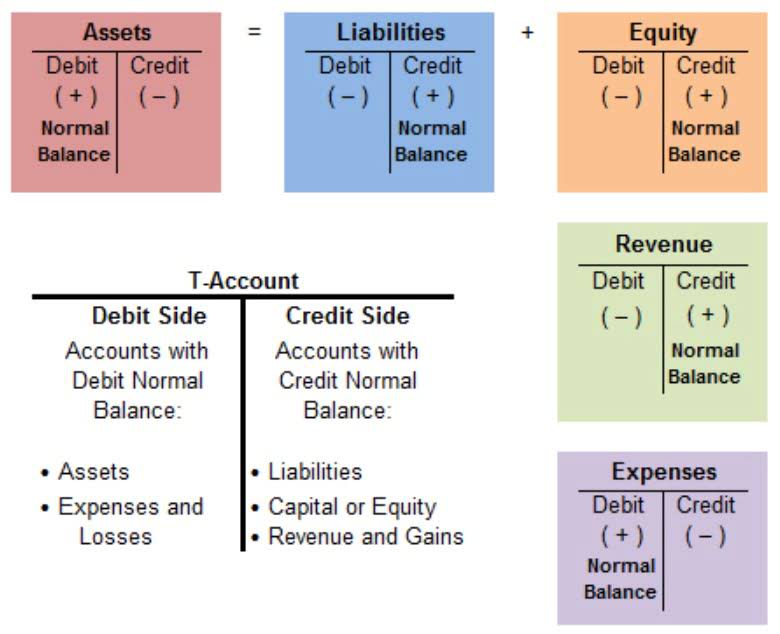
Many small business owners wear multiple hats, often juggling a number of different bookkeeping and payroll tasks, at the same time. And, while these functions are both essential to a company’s financial health, they serve distinct purposes. Understanding the differences between them is crucial for efficient financial management and compliance. Despite the convenience of bookkeeping software, businesses still face challenges when it comes to streamlining bookkeeping processes.
- The exact amount to withhold can be determined by current tax rates, employee’s withholding certificates (Form W-4), and supplemental wage guidelines.
- The service you decide to use depends on the needs of your business and may include extra features such as payroll or tax documents.
- Ramp also captures expenses instantly, syncs them directly into QuickBooks, and applies smart rules to streamline reconciliation.
- Bookkeeping generally provides the raw data required for preparing financial reports and filing taxes.
- It excels in providing scalable business solutions, with features that expand alongside your business growth.
- While accounting, payroll, and bookkeeping serve distinct purposes, there are areas of overlap where these components intersect.
- A small business would not have to pay self-employment tax since it’s an organisation with employees, but the company will have to pay employment taxes.
Complete Essential Paperwork
With the direct translation of data between systems, you don’t need to worry about something being incorrect. Retail Accounting Employees with payment discrepancies need delicate handling, which is a big part of the HR skillset. Accounting professionals might not have this same ability unless they’ve worked the necessary positions.
In-House Management:

Best practices include regular updates to the books, meticulously recording all transactions, and staying apprised of regulatory changes. Examples of employee benefits include holiday pay, subsidized meals, car fringe benefits, pension schemes, business health insurance, childcare assistance, life insurance benefits, and employee discounts. Any difference on this account should be reconciled by the payroll accounting team, as it means an employee has either been underpaid or overpaid. Payroll is the aggregate expenditure on wages and salaries incurred by a business in an accounting period. We provide our payroll services across Belfast, Birmingham, Bradford, Bristol, Cardiff, Coventry, Edinburgh, Glasgow, Leeds, Leicester, Liverpool, London, Manchester, Nottingham and Sheffield. Additional duties may also include tracking debits and credits, reconciling financial statements, and reviewing reports.

How To Do Payroll Accounting With the Help of Payroll Software
- They take this skill set with them to gain a firm understanding of how financial monitoring works.
- Payroll accounting allows your team to get an accurate overview of the cost of paying employees.
- Compared to accounting, bookkeeping does not include any analysis, budgeting, or forecasting.
- It is crucial to ensure that payslips are free from errors since even the smallest mistake can disrupt financial records.
- Business accounting refers to bookkeeping and managerial accounting completed by accounting professionals, typically for smaller businesses rather than large corporations.
- In bookkeeping, special payroll considerations such as additional compensation types and legal withholdings require thorough understanding and precise handling to ensure compliance and accuracy.
Using a system like QuickBooks, the payroll accounting entries are often generated automatically based on the input data. These systems can calculate pay and deductions, and create journal entries, paystubs, and tax reports, reducing the potential for human error in manual calculations and entries. Payroll transactions affect multiple accounts in the general ledger, bookkeeping and payroll services like salary expenses, tax liabilities, and cash. It’s critical that each entry accurately reflects these implications to maintain an accurate financial picture and to be compliant with tax laws.

Guide to Payroll Accounting

The right accounting software solution depends on bookkeeping company size, project complexity, and financial management needs. A small residential contractor may need a simple system to track invoices and expenses, while a large commercial firm requires advanced job costing, payroll integration, and financial forecasting. Good payroll software updates you on any noteworthy changes and automatically calculates, deducts, and files taxes as required. Using payroll management software also helps maintain detailed records of payroll transactions for audit and reporting purposes. Small businesses may benefit from an accountant as the company grows, and the need for more financial tracking, recording, forecasting, and budgeting accrues.
- In this final section, let’s recap the main takeaways and discuss how mastering financial management can pave the way for success in today’s dynamic business landscape.
- Back in the day (in this case, 2600 BC), bookkeepers kept their records on small slabs of clay.
- Six brick signs matching that of the main entrance was also installed at major intersections and campus entrances.
- By leveraging modern payroll systems and solutions, businesses can streamline payroll processing, minimize errors, and enhance employee satisfaction.
- Payroll, bookkeeping and accounting fundamentals are the cornerstones for thriving company communities.
- You can either keep hard copies or opt for electronic files by scanning paperwork.
Tasks of an Accountant
Corporations encounter complex payroll systems involving numerous departments and sometimes international considerations. The payroll team must handle varied compensation packages, including bonuses, stock options, and benefit deductions. Management must ensure a robust system is in place, whether in-house or through a specialized payroll provider.
